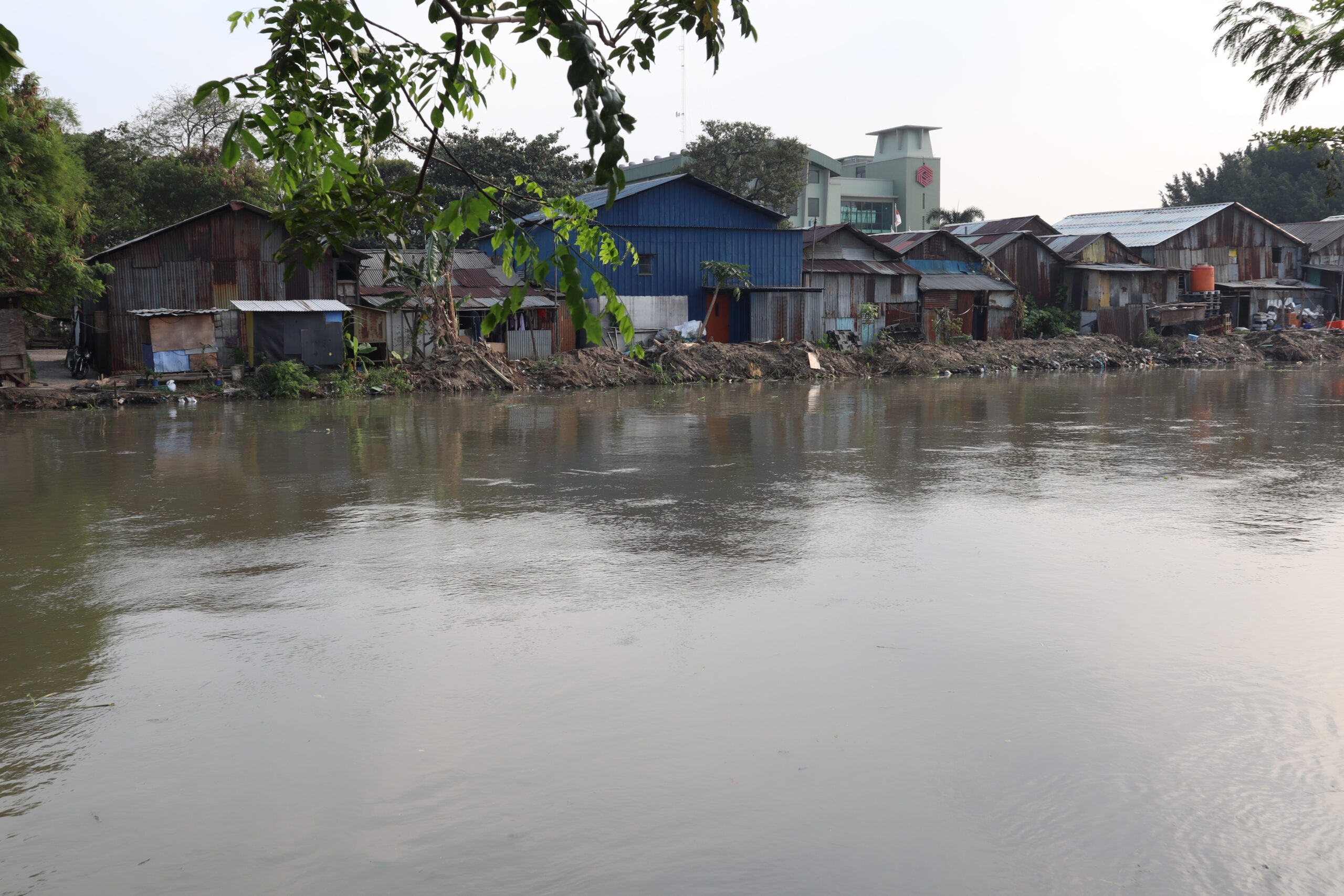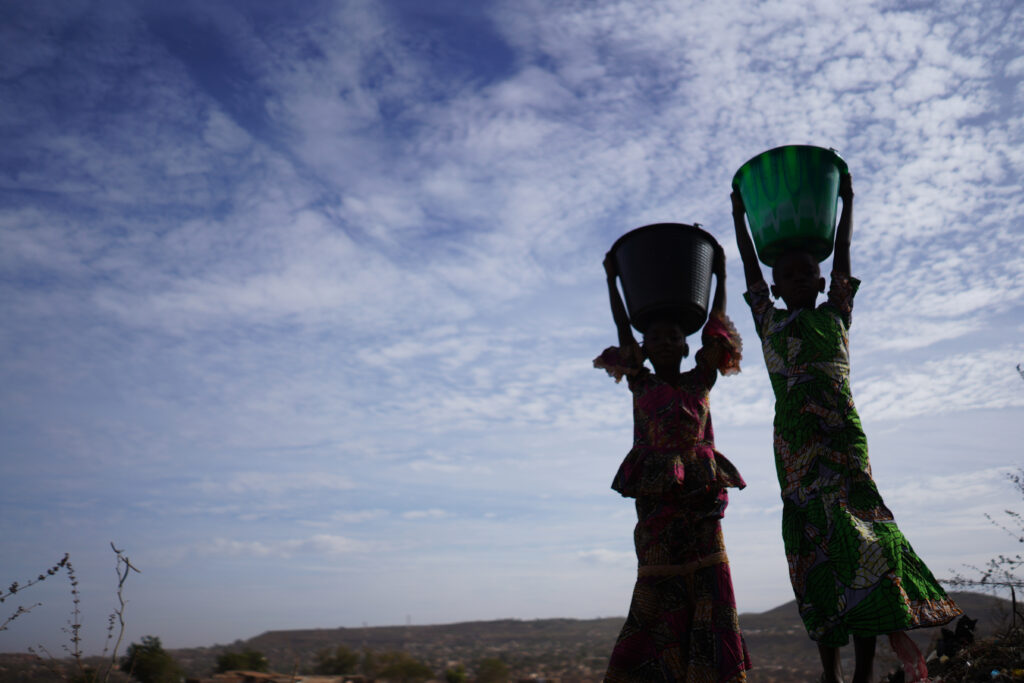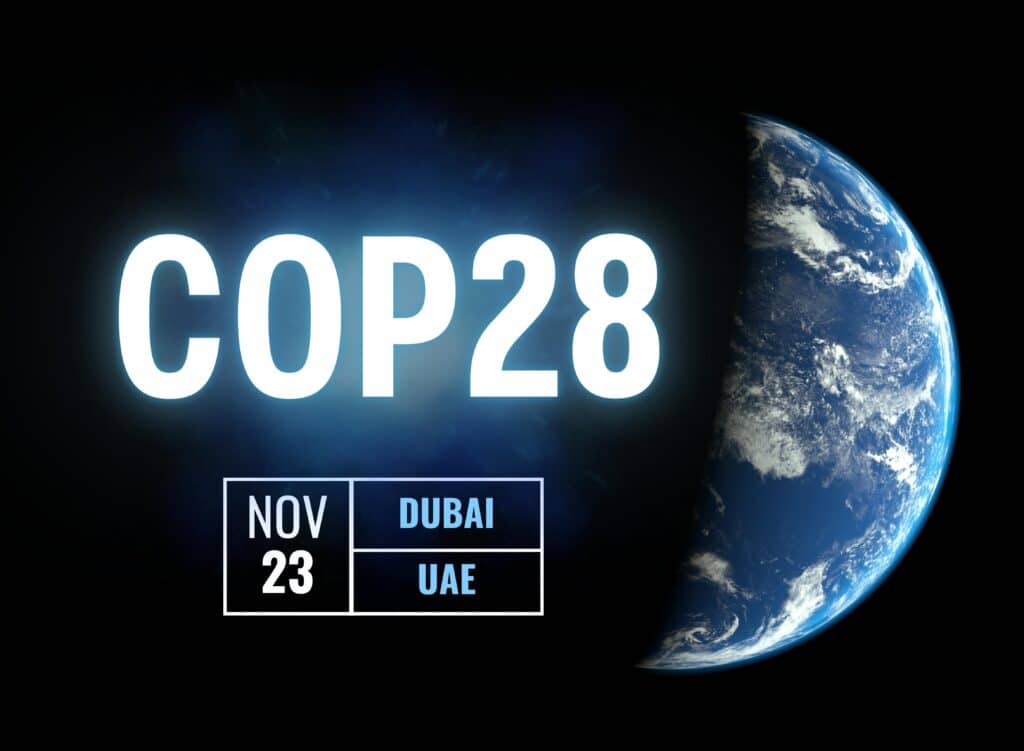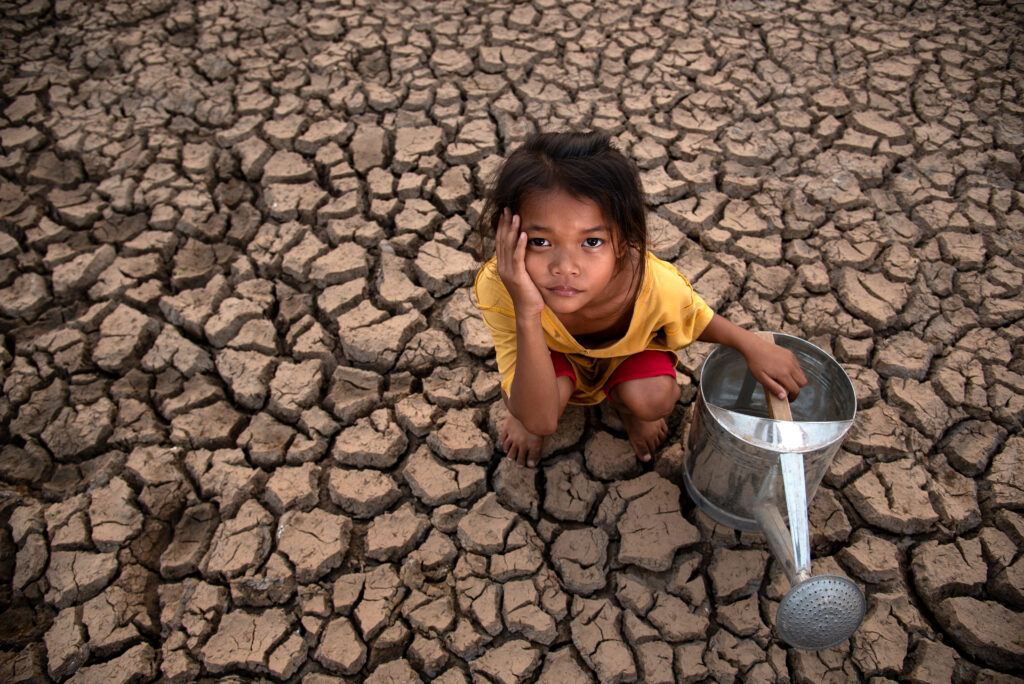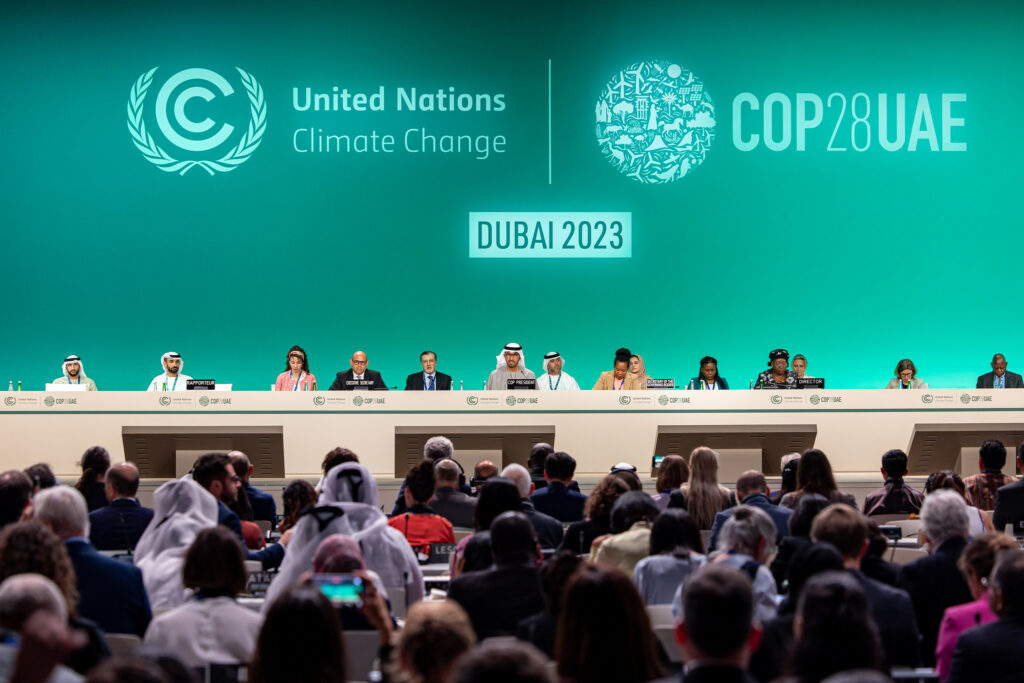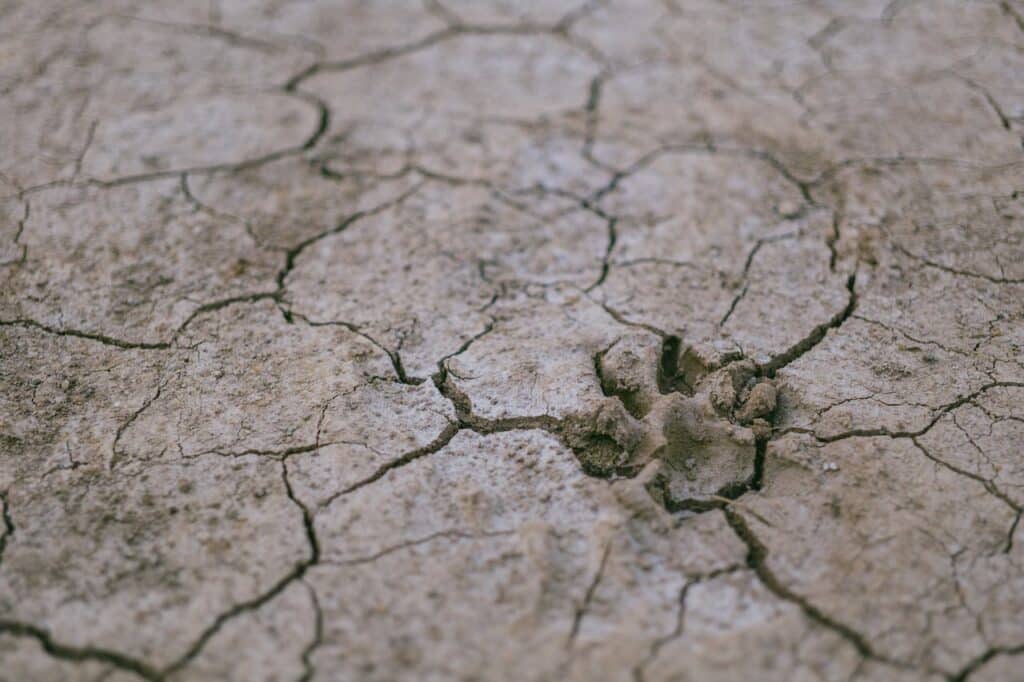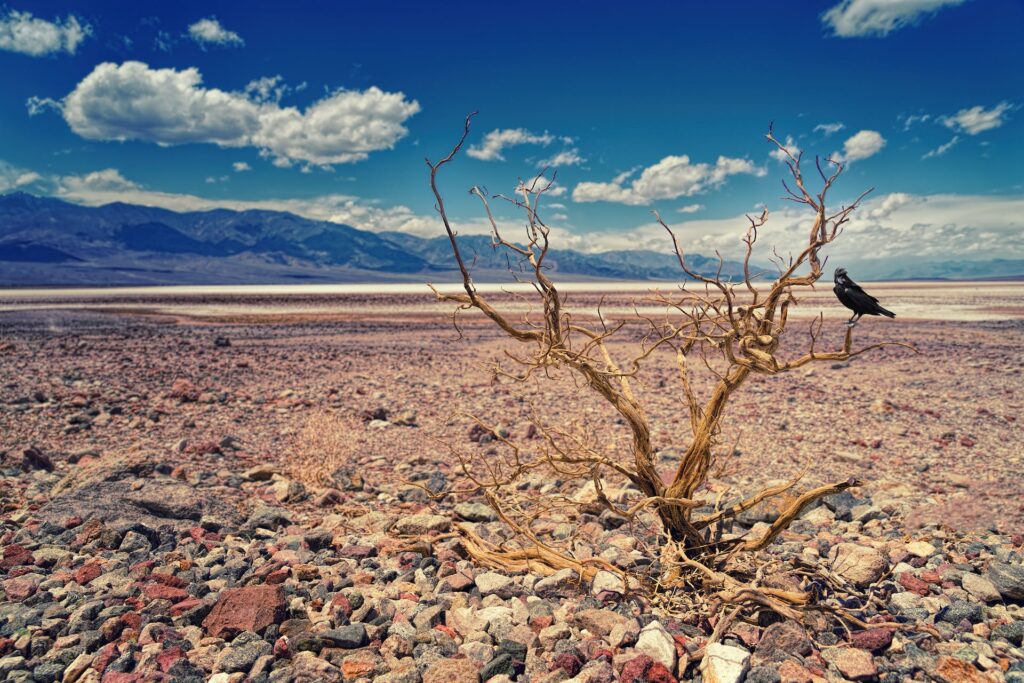With historic pledges and funding commitments, COP28 UAE has given new hope to communities vulnerable to climate change in Asia. Putting the spotlight on the humanitarian impact of the climate crisis, the conference saw promising announcements for Asia.
The Philippines at COP28 2023
The Philippines, for example, managed to secure USD 10 billion in climate finance from the Asian Development Bank (ADB) during COP28 2023. ADB said it would program the funds between 2024 and 2029 to help the country implement its commitments to climate action.
The climate finance is part of the multilateral lender’s new program that it is developing for the Philippines. It will support areas such as flood management, food security and resilient coastal development.
The Philippines is among the countries most vulnerable to the impacts of climate change. It is also ranked as the most disaster-prone country in the World Risk Index 2022.
India at COP28 UAE
COP28 also saw India’s Prime Minister Narendra Modi launch the Green Credit initiative. The innovative program will incentivise voluntary environmental activities by big corporations and private companies. As a market-based mechanism, it will grant green credits for actions such as afforestation, plantations on degraded land and water conservation.
Importantly, the initiative seeks to transform global environmental policies by moving beyond the commercial nature of traditional carbon credits. “This is a mass campaign that goes beyond the commercial mindset associated with carbon credits,” Modi said in a speech at COP28.
Bangladesh at COP28
Bangladesh, one of the most vulnerable countries to the impact of climate change, achieved a milestone during COP28. In collaboration with international financial institutions, bilateral donors and private-sector companies, the country launched the Bangladesh Climate and Development Platform.
This project preparation facility is designed to implement Bangladesh’s climate agenda. It also aims to tap into the IMF’s Resilience and Sustainability Facility, which recently approved USD 1.4 billion for Bangladesh. With that, Bangladesh became the first country in Asia to access this facility.
“As one of the most vulnerable countries to the effects of climate change, it is vital that Bangladesh has access to climate finance to mitigate the impacts of climate change,” Andrew Mitchell, UK Minister of State for Development and Africa, said.
“Through the Bangladesh Climate Development Partnership – the first of its kind in Asia – the UK will be working with global partners to support the coordination and implementation of climate finance to build a more sustainable and climate resilient future for Bangladesh,” he said.
Sri Lanka at COP28
Sri Lanka also revealed an influential initiative at COP28: the Climate Justice Forum (CJF). The platform aims to promote greater justice for climate-vulnerable countries and expedite loss and damage funds.
President Ranil Wickremesinghe had been in talks with several nations vulnerable to climate change to get their support for the CJF. In his speech at the UN climate conference, he said that Sri Lanka would formally present the CJF resolution at the United Nations.
The initiative garnered support from prominent figures, including Maldives’ former president Mohammed Nasheed and the United Nations Environment Programme.
Nepal at COP28 Dubai
Meanwhile, Nepal hosted an eye-opening roundtable at COP28 Dubai, where it called for collective action to save its precious mountains.
“We have already lost one-third of our glaciers. And scientists have warned that we are going to lose another one-third by the end of this century,” Nepal’s Prime Minister Pushpa Kamal Dahal ‘Prachanda’ said at COP28. He added that Nepal was bearing a disproportionate and damaging effect of climate change despite near-zero contribution to global emissions.
Recently, Nepal estimated that implementing its Nationally Determined Contribution by 2030 will require around USD 33 billion.
Consequently, the prime minister urged the international community for more predictable and equitable resources for least developed countries. “Our attempts to implement climate change adaptation and mitigation plans are facing serious financial and technological gaps,” he said.
Responding to the Climate Crisis in Asia’s Mountains
Nepal, along with several other countries in Asia, heavily depends on the Hindu Kush Himalayas. This critical mountain system feeds 12 rivers that provide freshwater to 2 billion people in 16 countries. The rivers also support the irrigation, energy and sanitation needs of people living in the mountains and downstream.
However, these lives and livelihoods are at risk due to the fast melting of glaciers driven by global warming. Already, vulnerable mountain communities are being hit hardest. Families in the mountains are facing loss and damage of lives and property, crop loss and failure and livestock deaths.
In response to this critical situation, ADB launched an initiative during COP28 to help manage climate risks in the region. Through technical assistance, ADB will undertake a deep analysis of multi-hazard risks in Bhutan and Nepal. The analysis will cover landslides, earthquakes and floods, including the effects of glacier lake outbursts.
“The Hindu Kush Himalayas region is critical to the well-being and economic security of more than a billion people across our region. This initiative will help equip Bhutan and Nepal with essential information and enable them to invest in effective climate adaptation – which is now critical to managing climate risk,” said ADB President Masatsugu Asakawa.
Furthermore, ADB aims to provide USD 100 billion in climate financing to its developing member countries between 2019 and 2030. The amount includes USD 34 billion for adaptation.
Impact of COP28 Climate Change Conference: A Step Closer to Climate Justice
Extreme weather and climate change impacts are increasing in Asia, according to a report by the World Meteorological Organisation (WMO).
In 2022, the continent witnessed 81 weather and climate-related disasters, of which over 83% were flood and storm events. These disasters caused more than 5,000 deaths and affected more than 50 million people. The estimated economic losses exceeded USD 36 billion, the WMO report stated.
To help communities in Asia build climate resilience, the Green Climate Fund (GCF) is implementing a new project that has been in the pipeline for nearly three years. After signing a funding agreement with ADB at COP28, GCF launched the Community Resilience Partnership Program. The project will scale up adaptation measures that address the nexus between climate change, poverty and gender inequality at the community level.
Of the total project value of USD 750 million, USD 195 million will provided as grants. The project will focus on seven countries in Asia-Pacific, including Cambodia, Indonesia, Laos and Pakistan and will benefit an estimated 7.7 million people.
Will COP28 Restore Faith in Climate Change Pledges?
While countries and funds have pledged significant amounts of money at COP28, activists in developing countries have little faith in these promises.
“Frankly, the big elephant in the room remains ignored. There are millions of pledges made in the first week of COP28, but these millions are nothing but an empty promise meant to distract and pacify us,” Wanun Permpibul, director of Climate Watch Thailand, said.
“The important question is how these numbers will translate to genuine change to the lives of people affected by the climate crisis. As in the past, climate finance has never truly reached communities and translated to real solutions.”
Heba Hashem
Journalist, Dubai
Heba is an Arabic and English-speaking freelance journalist based between the United Arab Emirates and Canada. She covers stories about business, renewable energy, climate change, finance, technology, real estate, food production, lifestyle and arts and culture.
Heba is an Arabic and English-speaking freelance journalist based between the United Arab Emirates and Canada. She covers stories about business, renewable energy, climate change, finance, technology, real estate, food production, lifestyle and arts and culture.

